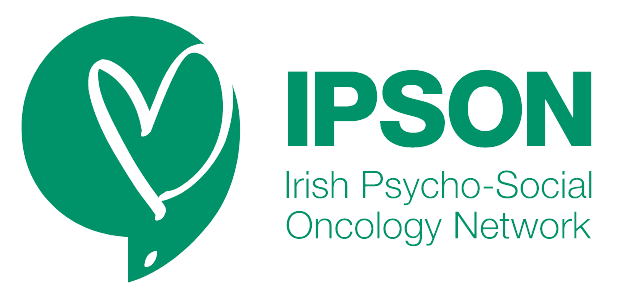
About Us
What is
Psychosocial oncology is concerned with the psychological, social, behavioural and ethical aspects of cancer and addresses the two specific dimensions of cancer: (1) the psychological responses of the patients to cancer at all stages of the disease and that of their families and caregivers and (2) the psychological, behavioural and social factors that may influence the disease process.
What is
IPSON?
The Irish Psychosocial Oncology Network (IPSON) is the representative group for professionals working in the area. The group is made up of nurses, doctors, social workers, psychologists, academics and researchers, psychotherapists and other therapists working with cancer patients.
- IPSON represents professionals working across cancer care in acute hospital settings, cancer support centres, primary care and hospice and palliative care.
- IPSON acts as the hub for psycho-social issues in cancer care across clinical practice, community settings, professional training, policy and research in the field.
- IPSON plays a leading role in advocating for the improvement in cancer services in Ireland.
- IPSON will specifically focus on advancing the psycho-social recommendations of the new National Cancer Strategy 2016-2025.
- IPSON will work to insure psycho-social oncology research is properly funded and supported.
IPSON is proud to be working closely with the Irish Cancer Society (ICS) to advance services for cancer patients in Ireland

Psychosocial Care for
Cancer Patients in Ireland.
In Ireland, current provision of psychological care for the person with cancer is ad hoc and patchy. Over the past number of years the various cancer centres have set up varying levels of psycho-oncology service provision. We are committed to ensuring the development of equitable world class psycho-social oncology services for every cancer patient in Ireland.
A diagnosis of cancer is recognised as a possible cause of distress and meets the diagnostic requirement/criteria for DSM IV as a potential cause of post-traumatic stress disorder. Cancer symptoms, treatments and treatment side effects can have major adverse effects on the quality of life of the person with cancer and those in his or her close social network.
Undue suffering, distress, psychological morbidity and possible mortality can be reduced and prevented through early recognition, optimal referral and appropriate interventions which are now well established internationally through National Comprehensive Cancer Network (NCCN) guidelines. Research shows that the person with cancer who engage in active adaptive coping skills to their experience of cancer is more likely to adjust to their situation and adhere to treatment with better patient health and economic outcomes.
The international psycho-oncology literature, underpinned by a bio-psychosocial model is evidence based, with annually updated standards of care endorsed by the NCCN. The subspecialty of psycho-oncology is multidisciplinary in nature with leaders in the field based in major cancer centres worldwide.
Cancer is a major cause of morbidity and mortality in Ireland with about 20,000 new cases annually and a projected increase of 107% by 2020 compared with 2000. While about 7,500 people die each year, cancer treatments are increasingly more effective and currently up to 60% of patients treated are cured; many of the other 40% requires long term palliative symptom management and quality of life issues are central to their care.
Currently there are approximately 120,000 cancer survivors in Ireland. However, Ireland performs poorly by international standards in relation to cancer risk, incidence, survival and psycho-social care.
IPSON is committed to changing the current situation and will prioritise the following key objectives:
